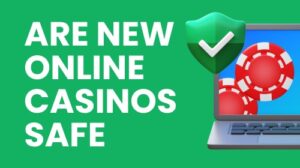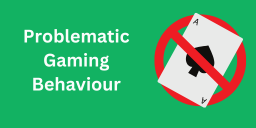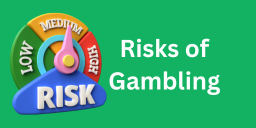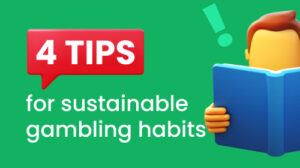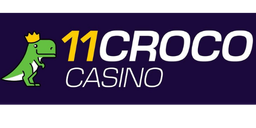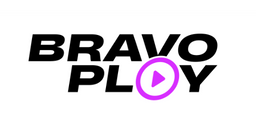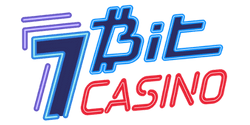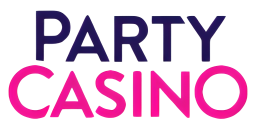Casino KYC Guide: Why Verification Matters and How to Pass It
- What Is KYC?
- Who Sets the Rules in Canada?
- How KYC Works – Step by Step
- Documents You May Need
- When Will Casinos Ask for More?
- Quick Casinos (Bank-Based Verification)
- Third-Party KYC Providers
- Privacy, Security, and Data Retention
- Common Problems and Fixes
- How to Speed Up Verification
- If You Refuse KYC
- Summary
All legal online casinos must verify their customers’ identities. This is done through the KYC process (Know Your Customer), where the player provides proof of identity, address, and sometimes documents confirming their payment method or source of funds.
KYC is required by licensing rules in Canada and internationally. It helps prevent money laundering and fraud, confirms age, and keeps transactions secure. This guide explains how KYC works, what to prepare, and how to avoid delays.
What Is KYC?
KYC is the operator’s way to confirm who you are and that the payment methods you use belong to you. Canadian sites apply a risk-based approach, which means simple checks for most players and extra questions if activity looks unusual or very large.
Who Sets the Rules in Canada?
Provincial regulators (for example, the AGCO working with iGaming Ontario) set identity, age, and conduct standards for operators in their markets. Kahnawà:ke Gaming Commission also licenses online casinos that accept Canadian players and requires player protection and fair conduct.
In addition, federal anti-money-laundering obligations apply. Operators must verify identity, keep certain records, and, at set thresholds, ask for more information or file reports.
How KYC Works – Step by Step
- Request: The casino asks for documents in your account area or by email.
- Upload: You submit files through the secure upload tool.
- Review: The team or an automated system checks them against your profile and payment method.
- Decision: Once approved, your account is verified and withdrawals can be processed.
Some brands verify in house; others use trusted third-party tools (for example, Jumio or iDenfy) that support automated ID checks and liveness/selfie confirmation.
Documents You May Need
Document requests are standard at licensed casinos. Here are the usual items and mistakes that slow things down.
| Document Type | Examples Accepted | Common Mistakes |
|---|---|---|
| Proof of Identity | Passport, official ID card, driver’s licence | Expired ID, blurry image, glare, cropped edges |
| Proof of Address | Bank statement, utility bill, government letter (usually within 3 months) | Old documents, telecom screenshots, unclear scans |
| Payment Method | Bank statement, e-wallet screenshot, card photo (mask middle digits) | Missing name, full card number visible, partial images |
| Source of Funds / Wealth | Payslip, tax slip, property sale confirmation, investment statement, proof of winnings | Name/date don’t match, incomplete pages, no context for one-off payments |
| Liveness / Selfie (if asked) | Short video or selfie holding your ID | Poor lighting, face covered, instructions not followed |
When Will Casinos Ask for More?
Extra checks may apply before large withdrawals, if payment names don’t match your account, or when your deposits and withdrawals reach set thresholds. Operators also monitor for unusual play patterns. If that happens, expect a short request for bank statements, income records, or a brief explanation.
Quick Casinos (Bank-Based Verification)
Some sites confirm parts of your profile automatically during a bank deposit through secure connections. This cuts down on manual uploads, but the casino can still ask for documents later if rules require it.
Third-Party KYC Providers
Some casinos work with specialist companies to verify documents securely. These services use encrypted uploads, database checks, and liveness detection to speed up approval. Licensing bodies monitor both casinos and vendors for compliance.
Privacy, Security, and Data Retention
Collection: Licensed sites gather only what’s needed for legal checks. Protection: Files are transmitted and stored using secure methods, and two-factor authentication is often available for your account.
Retention: Some AML records must be kept for a set period (often five years). Other personal data should not be kept longer than necessary; see the casino’s privacy policy for specifics.
Common Problems and Fixes
Most delays come from unclear images or missing details. Use a current government ID, provide a recent address document that shows your full name and address, and mask card numbers correctly (first 6 and last 4 only). If your name or address changed recently, add a supporting document and a short note.
How to Speed Up Verification
- Register with your legal name and current residential address.
- Prepare one valid photo ID plus one recent address document before your first withdrawal.
- Use payment methods in your own name and keep images uncropped and readable.
- For large cash-outs, have payslips or statements ready for a source-of-funds check.
Stefan NedeljkovicFact Checker
If You Refuse KYC
If you decline to verify, the casino can suspend your account, cancel withdrawals, and withhold winnings. Licensed operators must complete KYC, so refusal means you cannot continue to play or cash out.
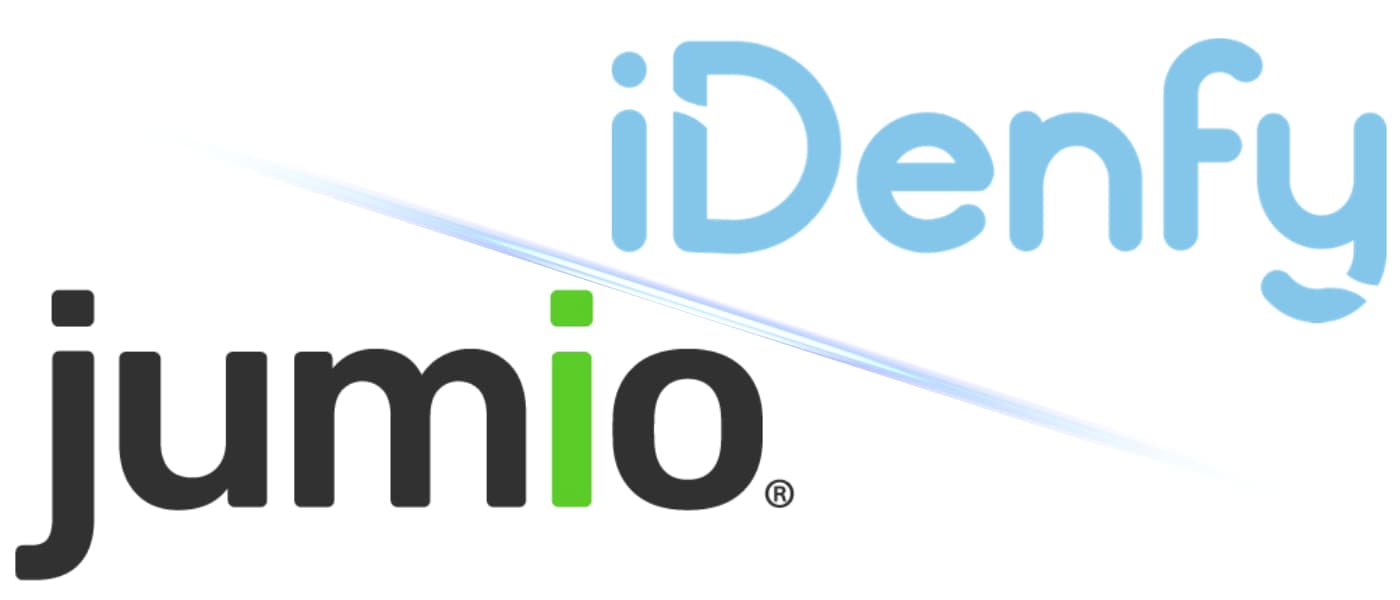
 Stefan NedeljkovicFact Checker
Stefan NedeljkovicFact Checker